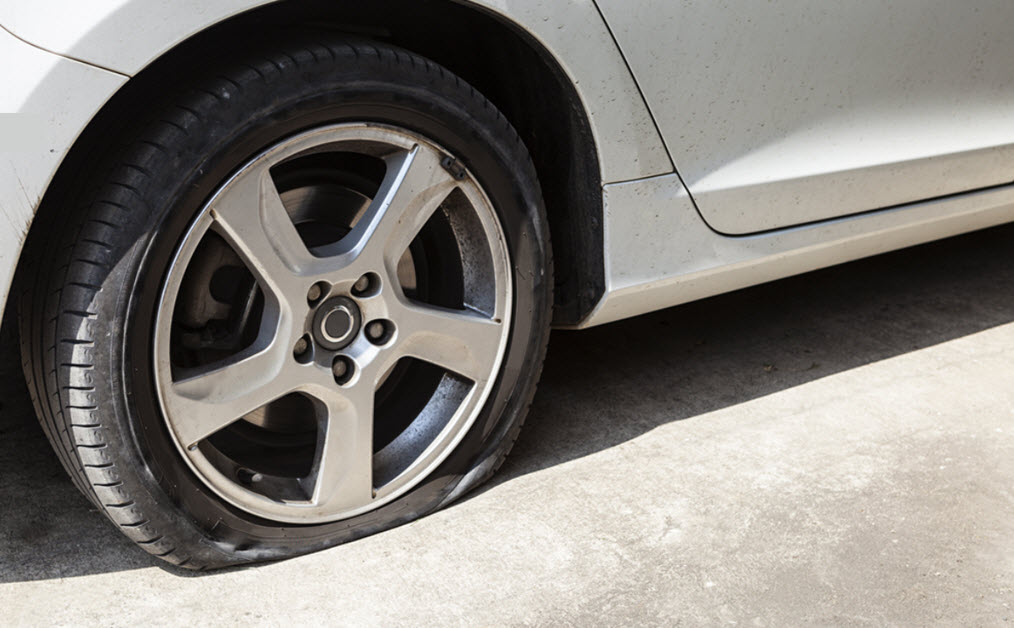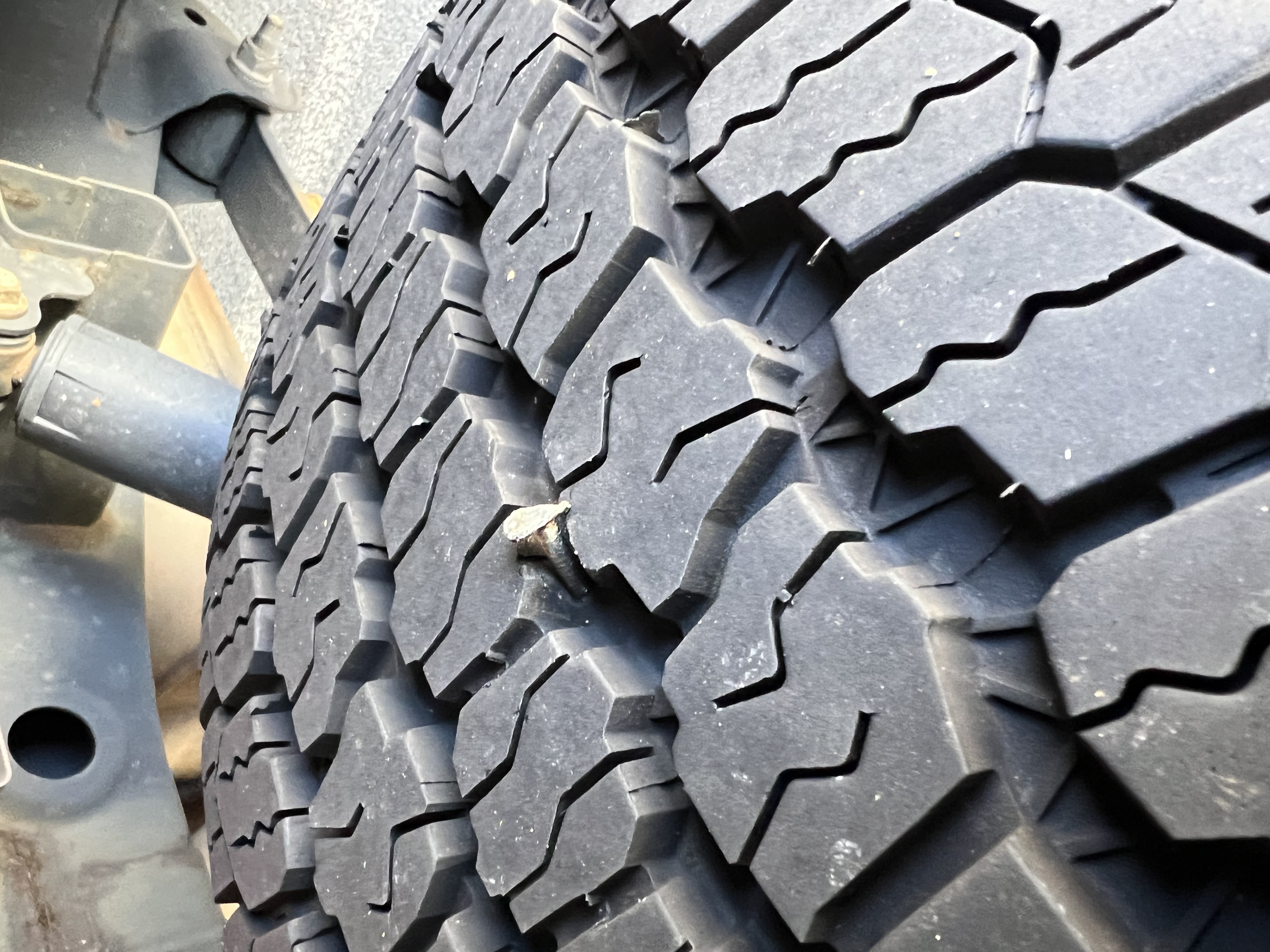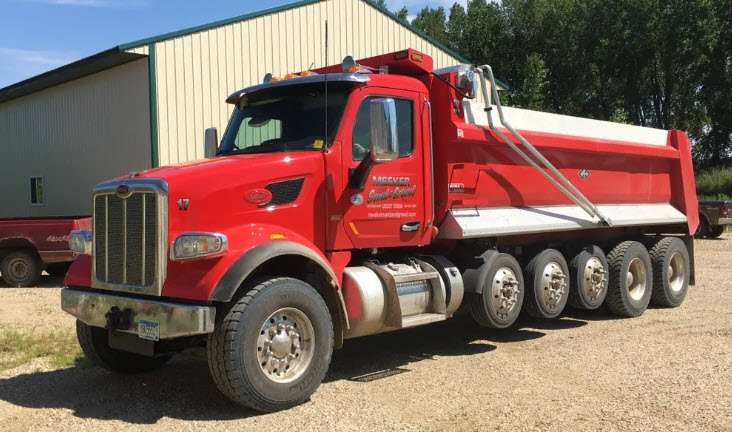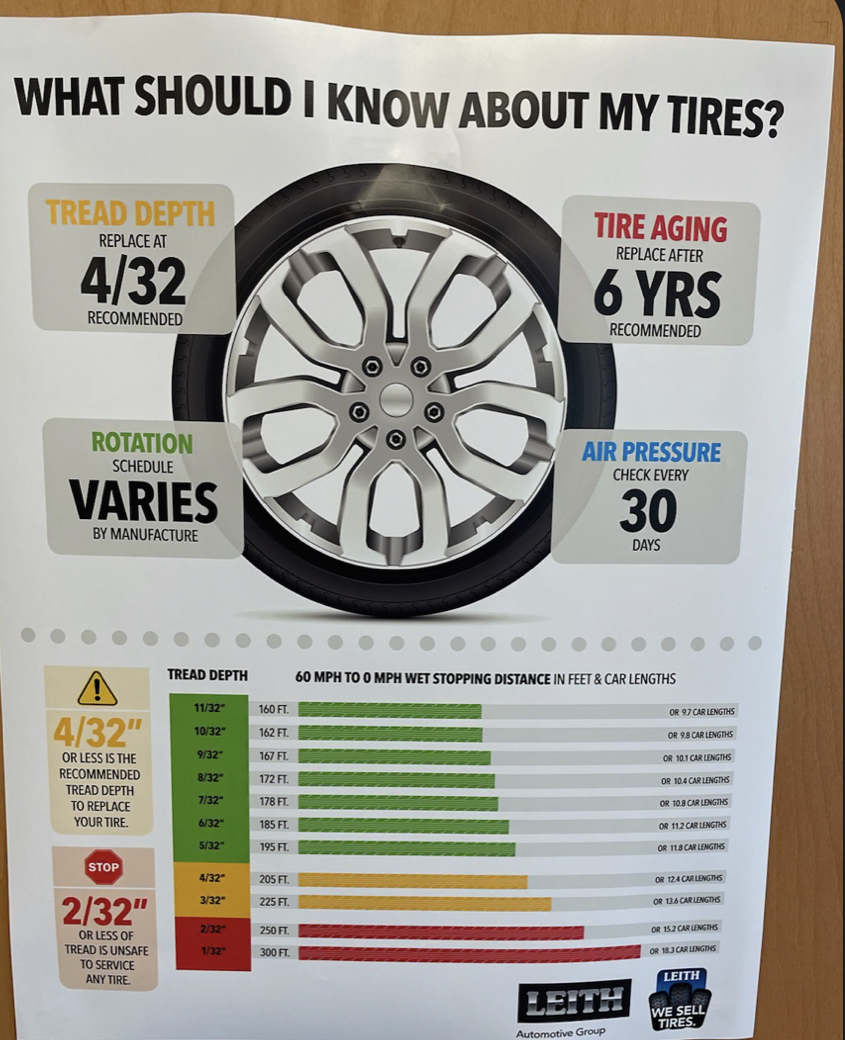When it comes to maintaining truck fleets, tire management plays a crucial role in ensuring both safety and cost-efficiency. One of the most innovative approaches in this field is the use of Astraea Nitrogen for tire inflation. Over recent years, research shows Astraea nitrogen can positively impact tire durability over time, making it a game-changer for fleet operators.
Unlike regular air, nitrogen molecules are larger and less likely to escape through the tire rubber. This means that tires inflated with Astraea Nitrogen maintain their pressure longer, resulting in more consistent tire pressure. Consistent tire pressure not only improves fuel efficiency but also extends the life of the tires, providing a dual benefit for fleet owners.
Furthermore, nitrogen is less reactive with the rubber compounds in tires. This reduced reactivity minimizes the risk of oxidation and other chemical reactions that can degrade the tire material. As a result, tires last longer and perform better, even under the demanding conditions that long-haul trucks often face.
Given these compelling advantages, it’s no wonder that more truck fleets are turning to Astraea Nitrogen for their tire inflation needs. If you’re interested in learning how this technology can benefit your fleet, request fleet pricing, contact our office at (703) 429-0382, or email Mike.LoPresti@fuelandtiresaver.com today!
Table of Contents
ToggleUnderstanding Tire Durability Over Time

Tire durability is a critical factor in fleet management, directly impacting both operational efficiency and safety. Understanding how tires degrade over time is essential for making informed decisions about maintenance and replacement schedules. Several factors contribute to tire wear and tear, including load, speed, terrain, and, notably, the inflation medium used.
One of the primary contributors to tire degradation is oxidation. When oxygen from the air reacts with the rubber compounds in the tire, it causes the material to harden and become brittle. This process is accelerated by heat generated from friction during driving, leading to cracks and other forms of wear that compromise the tire’s integrity.
Another significant factor is inconsistent tire pressure. Tires that are under-inflated or over-inflated wear unevenly, reducing their lifespan and potentially causing dangerous blowouts. Maintaining optimal tire pressure is crucial for ensuring even wear and maximizing tire life.
Environmental conditions such as temperature fluctuations and exposure to UV rays also play a role in tire durability. Extreme temperatures can cause the tire material to expand and contract, leading to structural weaknesses over time. UV exposure can degrade the outer layers of the tire, making them more susceptible to damage.
By addressing these factors through proper tire maintenance and using advanced inflation mediums like Astraea Nitrogen, fleet managers can significantly enhance tire durability. This not only extends the service life of the tires but also improves overall fleet safety and efficiency.
Scientific Research Supporting Nitrogen Use

The use of nitrogen in tire inflation has been backed by a wealth of scientific research, highlighting its numerous benefits over traditional air inflation. One of the most compelling reasons for using nitrogen is its ability to reduce oxidation within the tire. Unlike oxygen, nitrogen is an inert gas that does not react with the rubber compounds, thereby slowing down the aging process of the tire material.
Studies have shown that nitrogen can maintain tire pressure more consistently than air. Because nitrogen molecules are larger than oxygen molecules, they permeate through the tire walls at a much slower rate. This results in more stable tire pressure over extended periods, reducing the need for frequent top-ups and ensuring that the tires wear evenly.
Research conducted by various transportation and automotive organizations has demonstrated that nitrogen-filled tires experience less pressure fluctuation due to temperature changes. This is particularly beneficial for long-haul truck fleets that encounter a wide range of environmental conditions. Consistent tire pressure not only enhances fuel efficiency but also improves handling and safety.
Furthermore, nitrogen inflation can contribute to better fuel economy. A study by the National Highway Traffic Safety Administration (NHTSA) found that properly inflated tires can improve fuel efficiency by up to 3%. Given that nitrogen helps maintain optimal tire pressure, it indirectly supports better fuel consumption, which is a critical consideration for fleet operators looking to minimize costs and reduce their environmental footprint.
Overall, the scientific evidence strongly supports the use of nitrogen inflation for enhancing tire durability, improving safety, and achieving better fuel efficiency. These benefits make nitrogen a viable and advantageous choice for fleet managers aiming to optimize their operations.
Impact of Nitrogen on Fuel Efficiency
The quest for improved fuel efficiency is a constant challenge for fleet managers. One often overlooked but highly effective strategy is the use of nitrogen for tire inflation. Research shows that nitrogen inflation can lead to significant fuel savings, primarily due to its ability to maintain consistent tire pressure over time.
When tires are properly inflated, they have a smaller contact patch with the road, reducing rolling resistance. This, in turn, means that the engine doesn’t have to work as hard to move the vehicle, leading to better fuel economy. Since nitrogen molecules are larger and less permeable than oxygen molecules, nitrogen-filled tires lose pressure at a slower rate, ensuring that tires stay at their optimal inflation levels for longer periods.
Studies by the Environmental Protection Agency (EPA) have indicated that under-inflated tires can reduce fuel efficiency by up to 3%. For truck fleets that cover thousands of miles, this can translate into significant fuel savings. By using nitrogen, fleet operators can ensure that their tires remain properly inflated, thus optimizing fuel consumption.
Nitrogen inflation also plays a role in reducing the frequency of tire maintenance. With consistent tire pressure, there is less need for frequent checks and re-inflations, which can be both time-consuming and costly. The reduction in maintenance not only saves labor costs but also minimizes downtime for the fleet, further contributing to overall efficiency.
Moreover, better fuel efficiency directly correlates to a reduction in greenhouse gas emissions. As fleet operators strive to meet environmental regulations and sustainability goals, nitrogen inflation offers a straightforward and effective way to reduce their carbon footprint. By maintaining optimal tire pressure, nitrogen helps in achieving better fuel economy, which is beneficial for both the environment and the bottom line.
Environmental Benefits of Nitrogen Inflation

In today’s world, where environmental sustainability is more than just a buzzword, the trucking industry is under increasing pressure to reduce its ecological footprint. One effective but often overlooked method is nitrogen inflation for tires. The environmental benefits of using nitrogen are multifaceted and significantly impactful.
First and foremost, **nitrogen inflation helps reduce carbon emissions**. Since nitrogen-filled tires maintain consistent pressure, vehicles achieve better fuel efficiency. Improved fuel efficiency directly translates to fewer greenhouse gas emissions. For large truck fleets that rack up extensive mileage, even a small improvement in fuel economy can lead to a significant reduction in carbon dioxide (CO2) emissions over time.
Additionally, **nitrogen reduces tire wear and tear**. Oxygen in regular air can cause oxidation, leading to the deterioration of tire rubber. Nitrogen, being an inert gas, does not react with the rubber, thereby extending the lifespan of the tires. Longer-lasting tires mean fewer tires end up in landfills, reducing the environmental burden associated with tire disposal.
Moreover, nitrogen’s ability to maintain tire pressure minimizes the frequency of tire replacements. This reduction in tire turnover not only saves costs but also conserves natural resources and energy consumed in the manufacturing process. Fewer new tires mean less raw material extraction, less energy usage, and a smaller overall environmental impact.
Another important aspect is the **reduction in road wear and tear**. Properly inflated tires distribute the vehicle’s weight more evenly, causing less damage to road surfaces. This means fewer road repairs are needed, which in turn reduces the environmental impact associated with road construction and maintenance activities.
In summary, nitrogen inflation offers a series of environmental benefits that align well with both regulatory requirements and corporate sustainability goals. By adopting nitrogen inflation, fleet operators can play a crucial role in promoting an eco-friendly transportation system.
Implementing Nitrogen Inflation for Truck Fleets

Implementing nitrogen inflation for truck fleets is a strategic move that can yield significant benefits in terms of cost savings, safety, and environmental impact. Transitioning to nitrogen inflation may seem daunting, but with a systematic approach, fleet managers can seamlessly integrate this practice into their regular maintenance routines.
**The first step** involves educating your team about the advantages of nitrogen inflation. From improved fuel efficiency to extended tire life and enhanced safety, understanding the benefits can help your team appreciate the value of this investment. Training sessions and informational materials can be very effective in this regard.
**Next, assess your current tire maintenance practices**. Evaluate how often your tires are checked, the frequency of pressure adjustments, and the overall condition of your tires. This will help you identify areas where nitrogen inflation can make the most immediate impact.
**Partnering with a reliable nitrogen inflation service provider** is crucial. Choose a provider with proven expertise and a strong track record. At Fuel & Tire Saver Systems Company, LLC, we offer mobile onsite nitrogen tire inflation services across Virginia, Maryland, Pennsylvania, North Carolina, Tennessee, and Georgia. Our team of experts will visit your fleet, inspect your tires, and perform nitrogen inflation, ensuring your trucks are operating at optimal efficiency.
**Implementing a regular maintenance schedule** that includes nitrogen inflation is essential. Consistent checks and inflations will help maintain tire pressure, thereby optimizing fuel consumption and extending tire life. Ensure your maintenance team is equipped with the necessary tools and knowledge to perform these tasks effectively.
Finally, **monitor and evaluate the results**. Track key performance indicators such as fuel consumption, tire longevity, and overall vehicle performance. Regular monitoring will help you measure the effectiveness of nitrogen inflation and make any necessary adjustments to your maintenance practices.
Ready to make the switch to nitrogen inflation? Request Fleet Pricing, contact our office at (703) 429-0382, or email Mike.LoPresti@fuelandtiresaver.com. Our team is here to assist you every step of the way in implementing this eco-friendly and cost-effective solution for your truck fleet.


